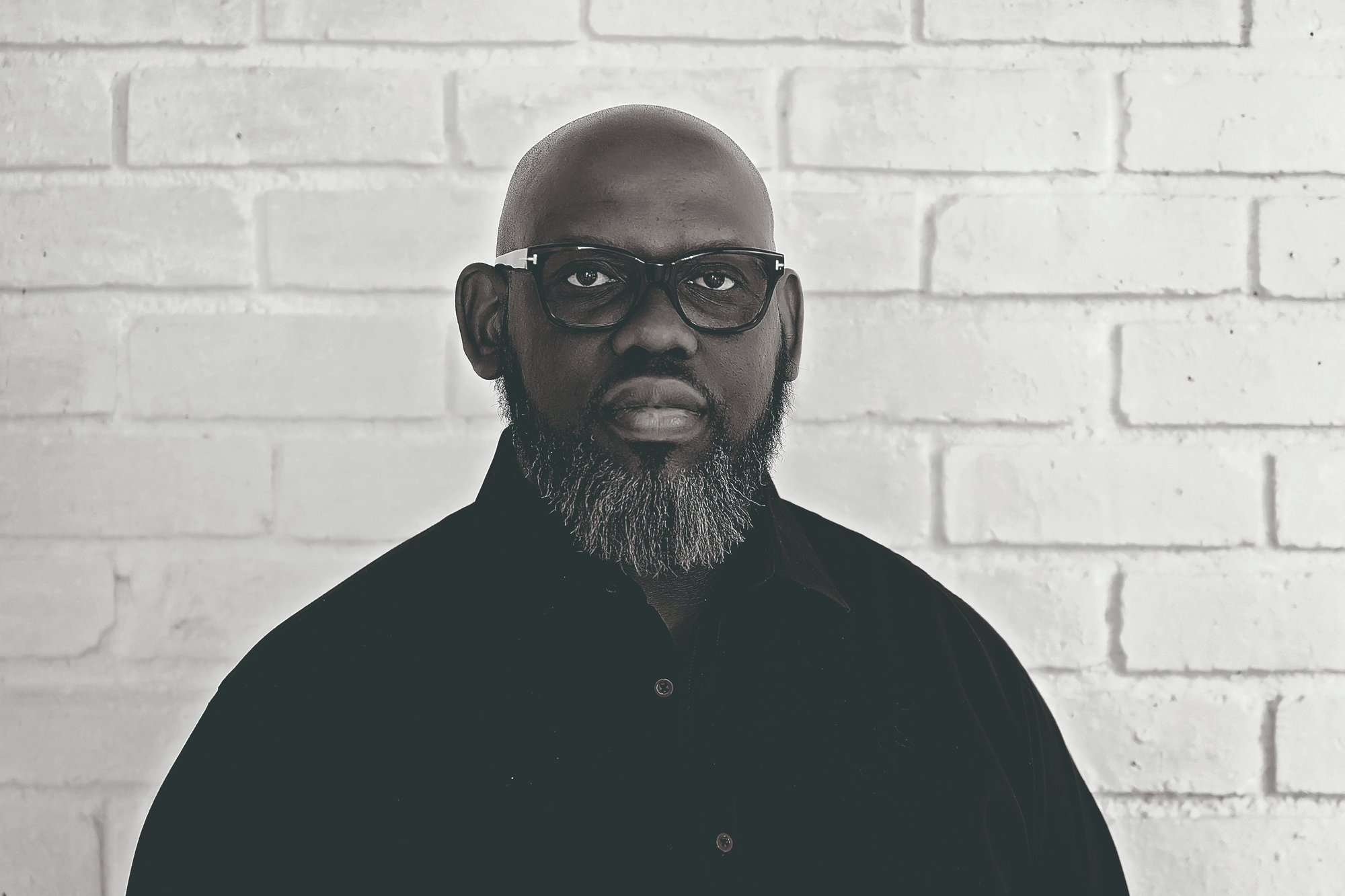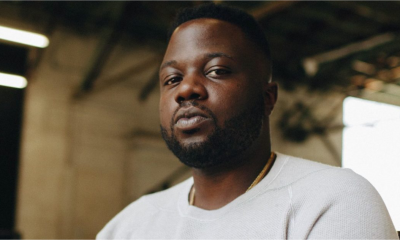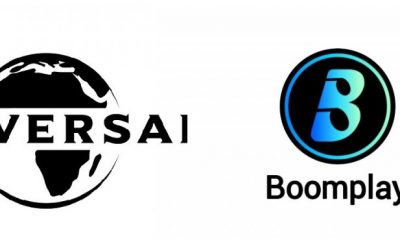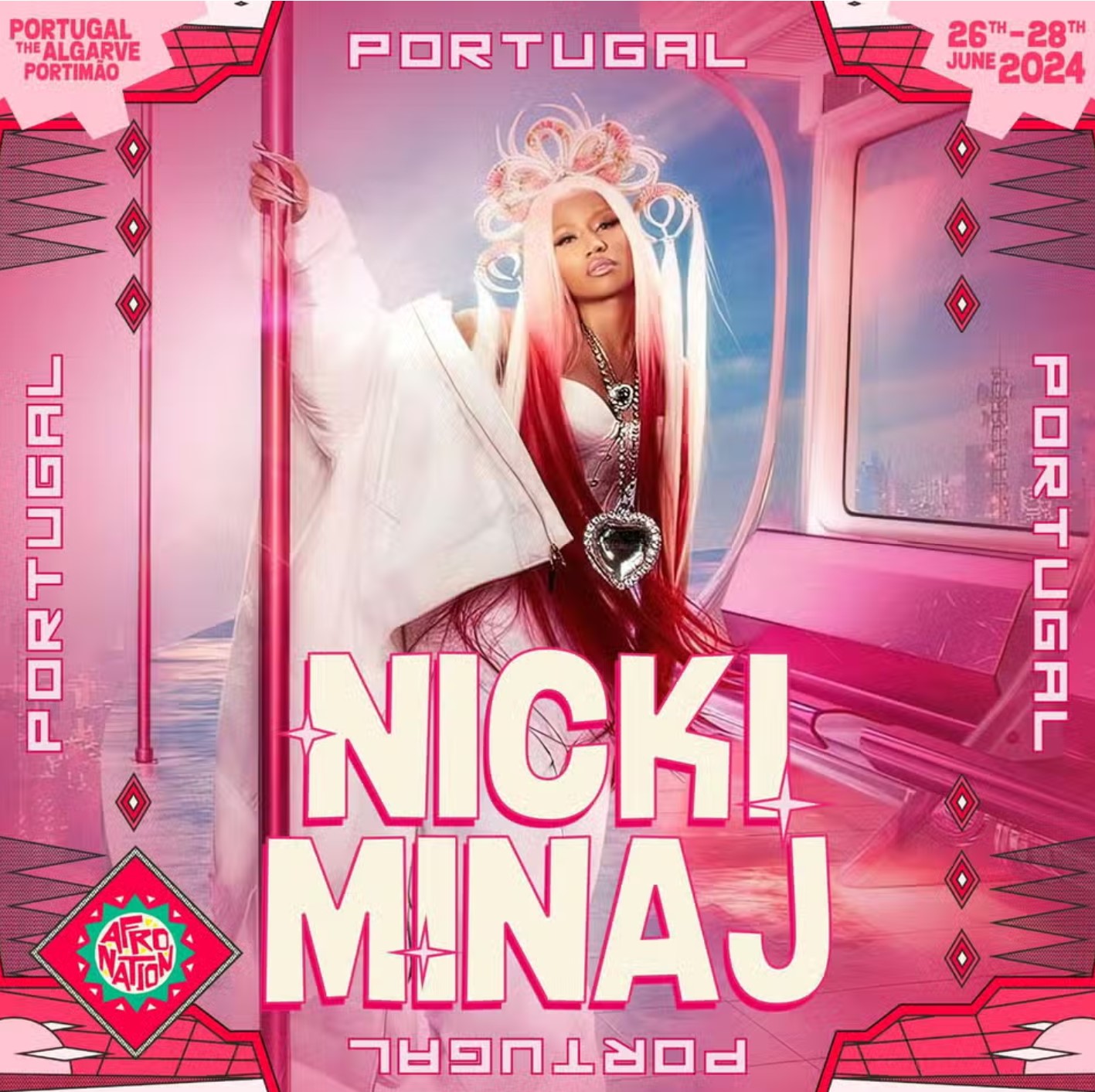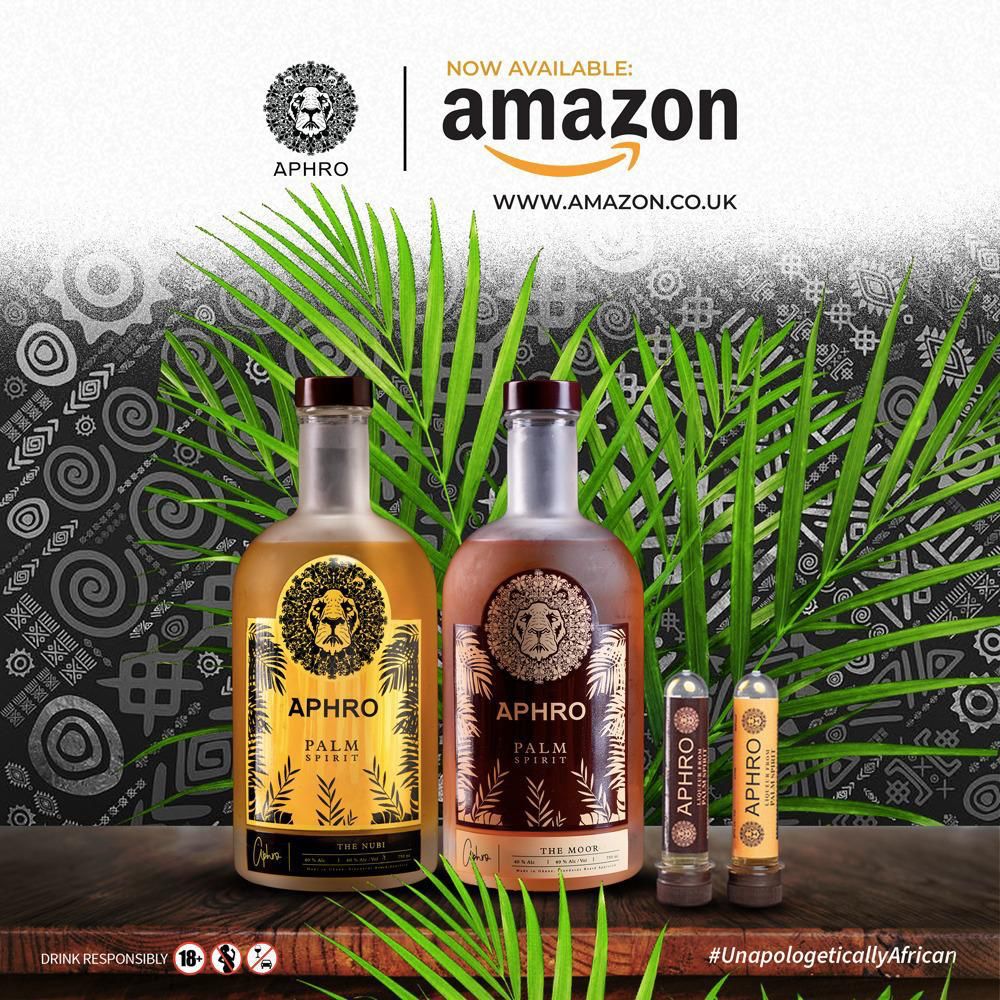Universal reaches for the stars in African push
UMG has big ambitions for taking its artists’ music to rapidly expanding audiences across the continent. Sipho Dlamini outlines the company’s plans.
From a giant neon-pink billboard in Times Square celebrating Nigeria’s “Queen of Afrobeats” Tiwa Savage to the South African artists laying down the soundtrack to Hollywood juggernaut Black Panther, African music is increasingly flexing its commercial muscles on the global stage.
Once relegated to the unfashionable world music section of record stores, hot new African sounds are dominating the mainstream, attracting the attention of major international labels and finding their way into movies, TV shows, adverts and listeners’ headphones.
One of the key players responsible for keeping the momentum alive and thrusting new stars into the spotlight is Sipho Dlamini, the newly appointed CEO of Universal Music South Africa and Sub-Saharan Africa. Dlamini, who has been with the company since 2016, has been appointed to oversee all of UMG’s operations within English-speaking Africa and will help to bring the label’s most exciting artists to new continental and global audiences.
With divisions in Nigeria, Kenya, and South Africa, and a presence in French-speaking Côte d’Ivoire, Senegal, Cameroon and Morocco, UMG, owned by French conglomerate Vivendi, has big plans for its African stars, including Tiwa Savage, South African rapper Nasty C and Kenya’s Sauti Sol.
The company is strengthening the links between its African labels and its global operations, which include a strategic partnership between Nigeria’s Aristokrat Records and Universal Music France and the launch of Def Jam Africa as a standalone label dedicated to African hip-hop, Afrobeats and trap music. Executives in sister companies are taking notice and arranging collaborations between their artists and up-and-coming Africans. Softly-spoken Dlamini says the future is bright for African stars with global ambitions.
“Last year we had a number of releases that we partnered with international labels within the Universal Music network. We had Tiwa Savage come out under Motown in the US and Nasty C’s album came out with Def Jam out of New York… from a visibility perspective each of those artists had billboards in Times Square and around London on release date for their albums. We’re not there yet, but being able to develop talent on the continent and make it successful at home and grow into other markets and have the support of Universal labels in those markets in promotion and marketing is great.”
A new world of music
Wooed by Africa’s huge and growing young population, the uptake of internet and smartphones, and the breakthrough popularity of homegrown genres, international record labels are increasingly scouring the continent for talent. Young, tech-savvy Africans are driving the popularity of music streaming services, and in 2018, UMG licensed its catalogue to Boomplay, Africa’s largest local streaming platform, which claims 75m users.
In South Africa, streaming should generate around $50.8m in 2022, more than three times what was generated in 2017, according to PwC. On a continent where physical music sales always had a limited footprint, audiences are waking up to a new world of recorded music.
“Streaming is definitely an easier way of reaching a mass audience quickly and that’s why we’re supportive and have done deals with the likes of Boomplay. It opens up our artists and their music to ever-growing audiences, which is key. At Universal we’ve always understood we’ve got to be active and relevant in the ecosystem,” says Dlamini.
Regional strategies
Yet the streaming industry is not without its teething problems on the continent, and continues to be held back by technological, regulatory and financial hurdles. Regulatory divergence between markets, the prevalence of unbanked customers and local currency fluctuations make it a challenge for global streaming services, including giants such as Apple Music and Spotify, to attract customers and reach scale across multiple African markets, says Dlamini.
“In Africa, Spotify is in only one of 54 countries. Apple Music are now in 33 countries in Africa, but effectively properly operating in South Africa. They have a presence and a small subscriber base in Nigeria that is growing, but subscription to these services often requires a credit card to activate the service. You have large parts of the population in many countries where they don’t have credit cards, there are even large populations that are unbanked.”
That means that major labels like Universal increasingly tailor their strategies to African regions rather than bringing the kind of one-size fits all model common in unified regulatory zones like the US and European markets. UMG’s South Africa office coordinates activities in the southern African market including artist representation, deals, and concert promotion, a model which is replicated for the East and West Africa regions from Nairobi and Lagos respectively.
“It’s hard to have a pan-African strategy because each country will have its own laws, its own telcos, so you almost have to redo deals on a country-by-country basis… We might have a very high-level pan-Africa strategy, but we’ve got to layer that simultaneously with a more regional approach as to how we grow these markets. There’s no doubt that Africa as a whole is going to come to be a very significant market in streaming numbers in years to come, but there’s a lot of groundwork that needs to be done now.”
Working on revenue streams
While streaming is still emerging, alternative revenue streams allow the company to balance out its uneven presence, says Dlamini.
“We have brand teams in every office dedicated to seeing how we can connect our artists and music to brands, whether it’s Coca-Cola, Pepsi or Hennessy. We’ve also got a sync team in each office and their pure focus is how to get music into TV shows and movies.”
The team hit a goldmine with the extraordinary financial and cultural success of Marvel Studios’ Black Panther movie in 2018, which pulled in $1.34bn at the global box office and catapulted some of the label’s lesser-known African artists onto the global stage.
“We got six songs on the Black Panther movie soundtrack out of South Africa. We’ve been working with Def Jam out of New York and placed four or five songs in the Coming 2 America movie [starring Eddie Murphy]. The artists and music in that movie will have the benefit of the global marketing of an Amazon and Paramount movie. We will see an increase in engagement of African content outside Africa.”
Prior to Covid-19, UMG was also mulling ambitious live plans for its artists amid signs of a developing music festival and club ecosystem in some of the continent’s biggest markets. While coronavirus has put those plans on temporary hold, Dlamini says that the live arena could prove a major driver of stable and sustainable revenue for African artists in years to come.
“Whilst streaming in some markets is at a very early stage and cannot be the only source of income the artists can survive off, the live sector becomes important, because they can do shows, they can earn money and that money is regular in a non-Covid period. Our parent company Vivendi owns venues in Africa, we’re able to plug into those venues. We’d had some really exciting things planned that were meant to take place in 2020/21, but we’ve taken time to restrategise and think about what we will look like after Covid.”
Supporting artists
From Nigeria’s Fela Kuti to South Africa’s Miriam Makebe, the continent has a proud record of producing talented, independent artists. Independent African labels which backed homegrown artists through decades of peaks and troughs reject suggestions that only international labels can offer the support that African artists need to go global. Nevertheless, Dlamini says the complicated logistics of working across multiple African markets means that UMG can play a complementary role rather than dominating the ecosystem.
“We understand that not everyone needs a major record label but there are artists and independent labels that do. There are certain limitations an artist might have being independent and working on their own and we help them overcome those. We see ourselves as support… very often people realise Africa is quite complicated to trade country to country.
“We’ve had artists that were meant to be going to do shows in Europe that needed a visa from Nigeria to South Africa and their passport is being held up by one embassy when they’re supposed to be on the road to another country. There are certain things we can support artists at local labels with that they find it hard to do on their own.”
Local insights
Still, international players can learn a great deal from Africa’s local labels, who often have their ears close to the ground and offer surprising insights into local market conditions.
“With the label we acquired in Kenya, we went out to have a meeting two years ago and they still had a warehouse with cassettes. And they said cassettes are still selling because a lot of the roads that people travel are dirt roads so it’s very bumpy, and CD players skip. You had people removing CD players and installing cassette players because it works! That’s how interesting the dynamics are from country to country.”
Whether music is streamed via a smartphone or played through a cassette on a dusty Kenyan road, tastemakers like Dlamini will play a key role in influencing tomorrow’s sounds. And the stunning diversity of the continent’s output means there is likely to be something for everyone as the industry continues to grow and find new audiences, he says.
“I definitely think Afrobeats is exciting and developing into something else, I don’t know where it’s going but it’s definitely done well in terms of engagement outside Africa at a mass level. There’s a genre from South Africa called Amapiano which is moving very well and there’s a high probability it will impact other markets… hip-hop coming out of Africa has something slightly different, we find artist-to-artist there’s a desire to collaborate and that will produce something that works for international markets. Afro-house or whatever people want to call it is exciting, and will be able to travel via the likes of Ibiza.”
Source: african.business


